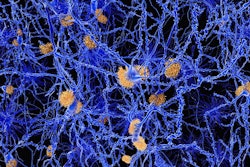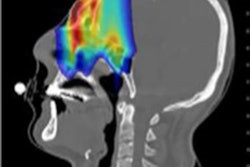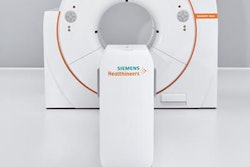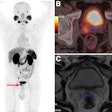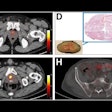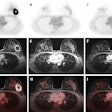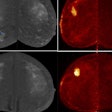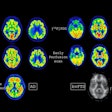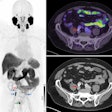Dear Molecular Imaging Insider,
Many European research groups were represented at this year's annual meeting of the Society of Nuclear Medicine and Molecular Imaging (SNMMI), which featured dozens of novel presentations on a wide variety of topics, including dementia and Alzheimer's disease.
One of the more interesting studies came from Germany, and it pinpointed the presence of frontotemporal lobar degeneration (FTLD) as the determining factor to explain why Alzheimer's patients with amyloid-positive PET scans can outlive patients with negative amyloid results. Read more about the results here.
Also, PET scans to confirm the presence of dementia-inducing amyloid plaque in the brain may be ready for routine clinical use. Researchers from Vienna found that both positive and negative results influenced the diagnosis and treatment of patients with and without dementia.
In other news, a cardiac hybrid imaging technique that fuses SPECT myocardial perfusion imaging (MPI) with coronary CT angiography (CCTA) scans can help predict major adverse cardiac events in patients suspected of having coronary artery disease. Using software-based cardiac hybrid image fusion to analyze patients who underwent CCTA and SPECT MPI exams, Swiss researchers have discovered that patients with abnormal findings on cardiac hybrid imaging had a significantly greater risk of experiencing a major adverse cardiac event.
Italian researchers have moved closer to the real-time verification of hadron therapy, demonstrating the in vivo accuracy of simulations that predict particle range in patients. The new Monte Carlo tool is a key component of a system that measures particle range during treatment and compares it with predictions.
Elsewhere, the shutdown of shipments from a nuclear reactor in Australia that is a key part of the global supply network for the radioisotope molybdenum-99 (Mo-99) is causing consternation in the nuclear medicine community, particularly in the Asia-Pacific region.
The global imaging community is still on a steep learning curve about the optimum clinical use of PET/MRI. An important study was published in the Journal of Nuclear Medicine about the FDG dose in breast cancer patients. To learn more, click here.
Make the Molecular Imaging Community part of your daily routine to see the latest news and novel research from Europe and around the world.





